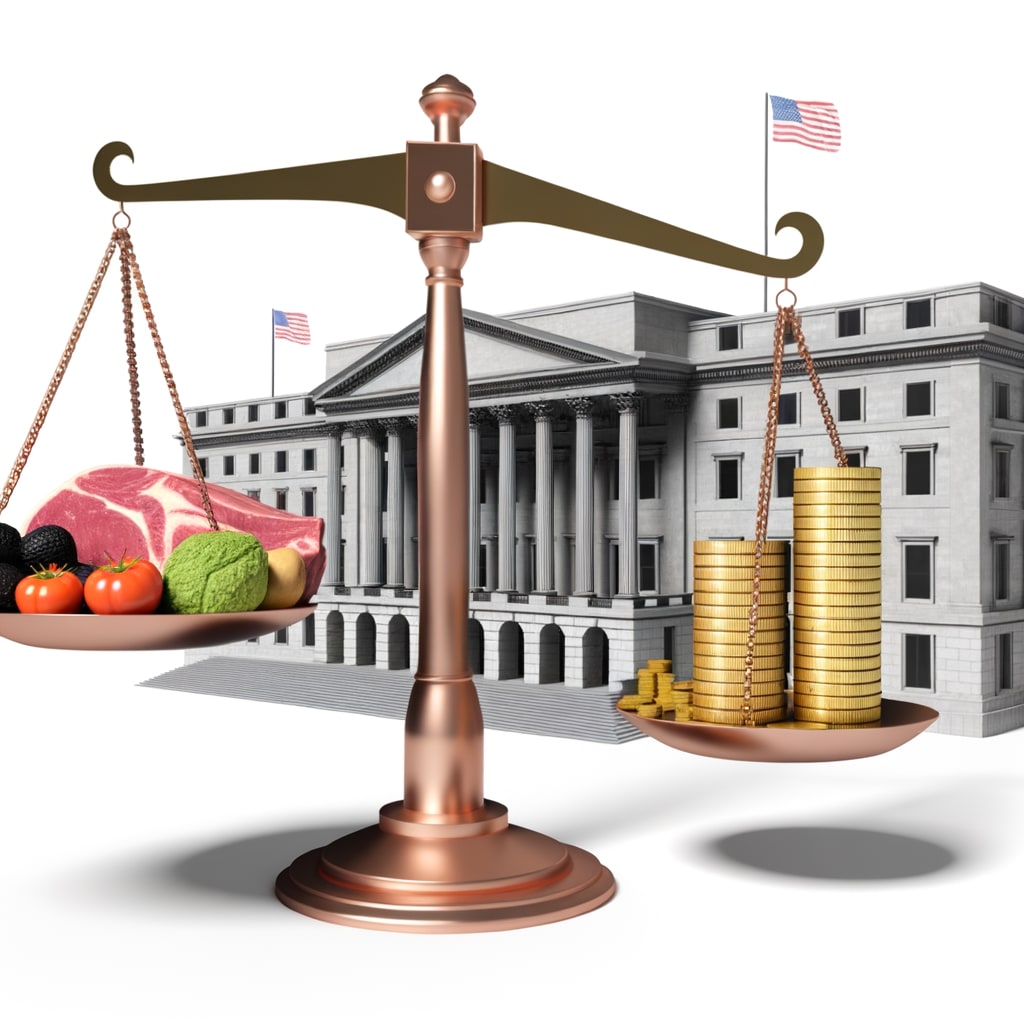Trump Cuts Tariffs on Multiple Food Imports Amid Rising Inflation Concerns
In a significant policy reversal, U.S. President Donald Trump on Friday (14) signed an executive order reducing tariffs on a range of food imports, including beef, tomatoes, coffee, and bananas. The move, aimed at controlling the inflationary pressures on food prices, has been welcomed internationally, but also marks a sharp shift from Trump's previous stance on import duties.
Background and Context
Earlier this year, the Trump administration had imposed sweeping tariffs on nearly every country, a move that critics suggested was fueling inflation. However, mounting concerns about rising living costs and a string of Democratic victories in recent state and local elections have seemingly prompted this change in policy. The new exemptions, which came into effect retroactively at midnight on Thursday, come as a response to these pressures.
Key Developments
The commercial representative of the United States, Jamieson Greer, had stated earlier that President Trump was prepared to fulfill his promises of granting tariff exemptions for certain foods and other products that are not produced in the U.S. By Friday evening, President Trump had signed into law the measure to reduce these tariffs.
The products eligible for Trump's tariff reduction include beef, tomatoes, coffee, and bananas, among others. The decision was taken to counter inflation and regain the confidence of his own party, in light of consumer anger about the rising cost of living.
International Reactions and Implications
The move has been welcomed by nations such as Australia, with Trade Minister Don Farrell stating, We maintain our position that tariffs on any Australian products are unjustified.
The removal of tariffs on beef and other agricultural exports to the U.S. is expected to benefit countries involved in these sectors.
However, the policy reversal also indicates an admission that the tariffs imposed by the Trump administration were contributing to the rising prices in the first place — a point of contention that Trump had previously denied.
Conclusion
While the new exemptions signify a notable change in the Trump administration's approach to trade and tariffs, it remains to be seen how these measures will impact the U.S. economy in the long term. As the Trump administration faces mounting pressure over rising prices, this move to roll back tariffs on dozens of food products represents an attempt to ease these concerns and potentially regain political support.

